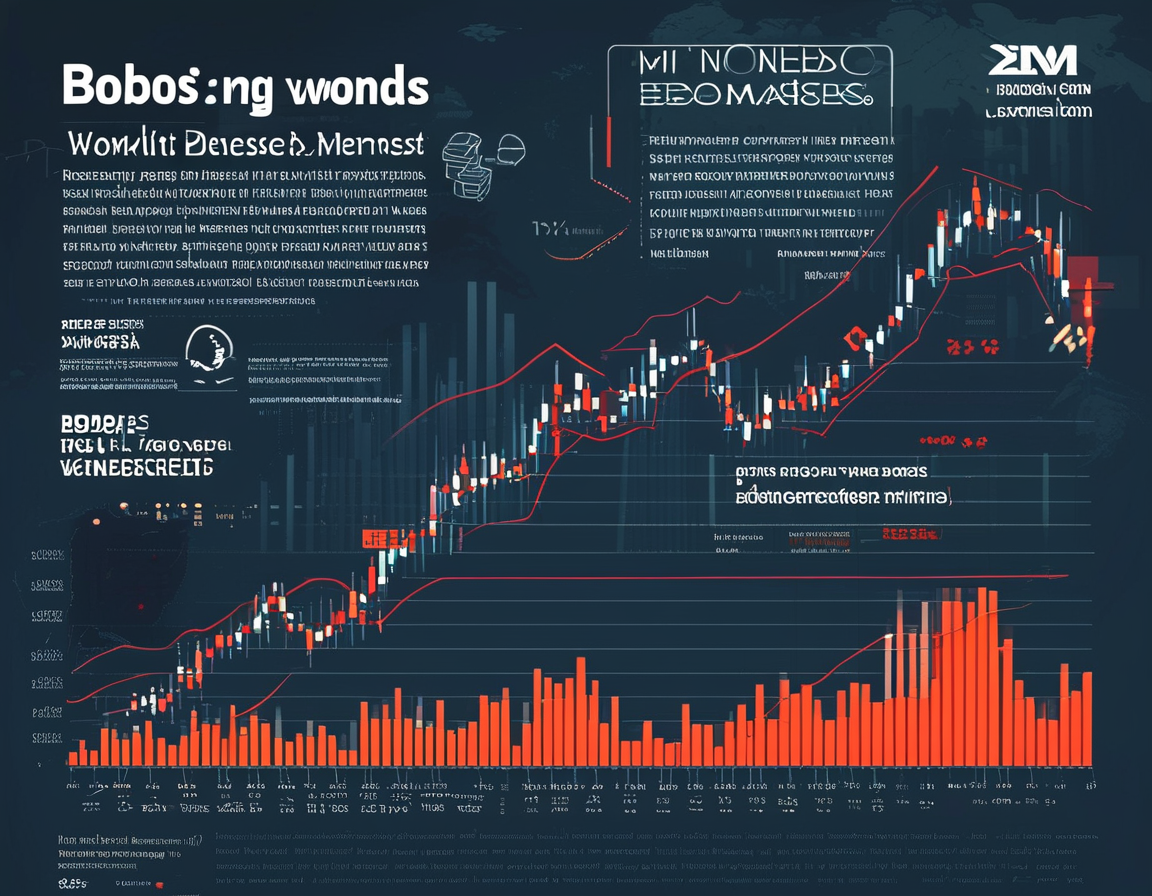
**Bond Market Reaction**
Investors are losing confidence in the US economy. This shift has led to a notable sell-off of government bonds. A quick glance shows the yield on US bonds spiked to 4.5%. It’s the highest level since February.
US bonds typically serve as a safe investment. Yet, as tariffs escalate, fears loom large. When investors dump bonds, it signals trouble. The US usually does not have to offer high rates to attract buyers. But that’s changing fast.
When the interest rate rises, borrowing costs increase. Companies that rely on loans for growth face higher expenses. It’s a ripple effect, reaching consumers and the broader economy. The stakes are high. Confidence appears to be dwindling by the hour.
**Escalating Tariffs and Trade War**
Donald Trump’s sweeping tariffs have sent shockwaves through the economy. After imposing a staggering 104% tariff on Chinese imports, retaliation followed. China responded with an 84% tariff on American products. The trade war escalates. Markets are feeling the pressure.
Stock indices have taken a hit. Investors are understandably concerned. The fallout from these tariffs could reshape industries. Companies importing foreign goods feel the brunt. These shifts raise the question: who ultimately pays the price?
As costs climb, businesses may pass them to consumers. Inflation could rise. All the while, the goal is to protect American businesses. This approach, however, comes at a cost. The global supply chain is at risk of disruption.
**Federal Reserve’s Dilemma**
With the market in turmoil, some analysts propose the Federal Reserve might intervene. This idea reflects actions taken in the past, like the Bank of England’s emergency measures in 2022. Such moves are not taken lightly. As George Saravelos notes, we’re stepping into uncharted territories.
What happens next? Many believe the Fed will need to act decisively. Emergency purchases of US Treasuries could be on the table. But predictions remain difficult amid such uncertainty. Investors seem to have lost faith in US assets. How did we get here?
**The Risk of Recession**
Some economic voices predict a looming recession. According to Simon French, it’s a coin toss. It’s a stark warning—the possibility of economic downturn lurks. A recession denotes economic activity decline, linked directly to unemployment.
JP Morgan now places the odds of a recession at 60%. This is a significant jump from previous estimates. The ramifications affect everyone, from businesses to everyday households. Could tariffs push us closer to this reality?
Trump’s tariffs may protect some American jobs. Yet, the risks outweigh the rewards, especially for consumers. A fragile economy faces turbulence. Inflation rises. Costs soar. Many wonder if the American dream is slipping away.
**Global Impact and Speculation**
What about China’s position? The country holds a staggering $759 billion in US bonds. Speculations arise that these holdings may be quietly sold off. As trade tensions deepen, foreign investors reevaluate their strategies.
Saravelos warns: escalating tensions might lead to a financial war. Is there a victor in such a scenario? The only certainty is the potential harm to the global economy. The stakes are high, and the outcome is uncertain.
**Final Thoughts**
The unfolding narrative around tariffs and the bond market is deeply intertwined. Current events may seem distant to some. Yet, many Americans feel the pressure. Rising costs affect daily life. Investment decisions may change overnight. It’s crucial to stay informed. **Can the US economy survive this storm?**
In the coming days, our financial landscape may shift. There is no crystal ball for predicting outcomes. However, we can navigate this uncertainty together. Understanding the implications of these changes is the first step. Share your thoughts and concerns as we face these complex challenges ahead.
Leave a Comment